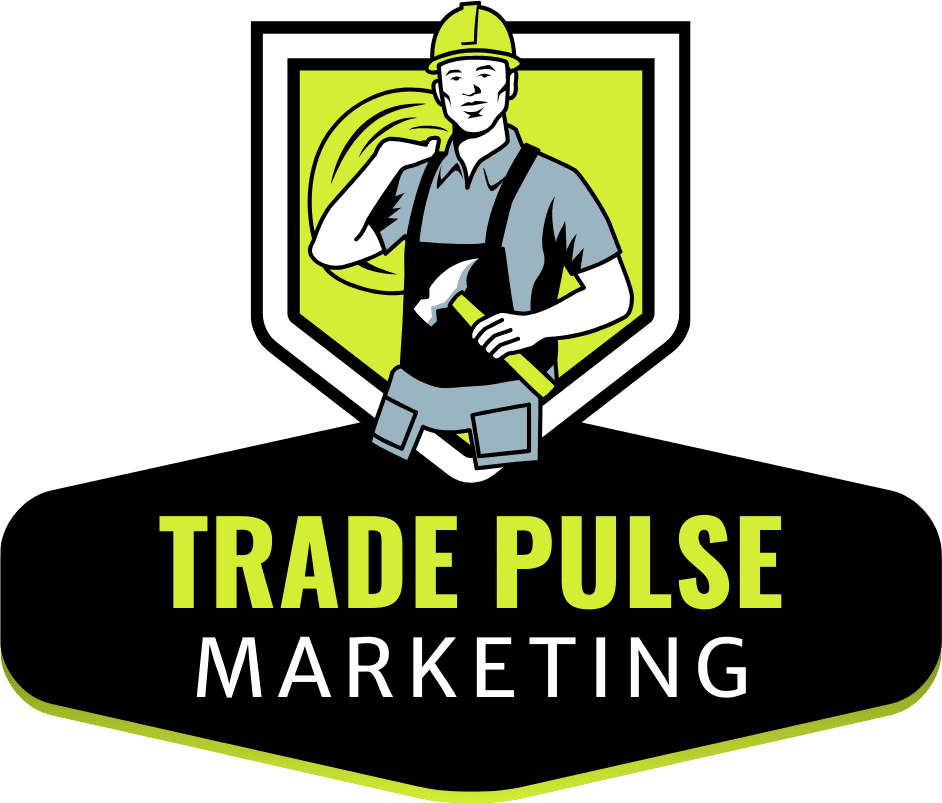Welcome to “The Complete Guide to Marketing for Pest Control Companies in 2025.” In an age where digital presence determines the success of businesses, the pest control industry is no exception. Gone are the days when word-of-mouth referrals and print advertisements were sufficient to sustain growth. Today, an effective online strategy is crucial for reaching new customers, retaining existing ones, and standing out in a competitive market.
Why Digital Marketing?
Digital marketing is not just a buzzword; it’s a critical component of modern business strategy. For pest control companies, it offers numerous advantages:
Increased Visibility: Potential customers are searching online for pest control services. A strong digital presence ensures that your business appears at the top of search results, increasing your chances of being found.
Targeted Reach: Unlike traditional marketing methods, digital marketing allows you to target specific demographics, locations, and interests, ensuring your message reaches the right audience.
Cost-Effective: Digital marketing campaigns can be more affordable and offer a higher ROI compared to traditional marketing. With tools like PPC and social media ads, you can control your budget and track performance in real time.
Engagement: Digital platforms provide opportunities to engage with your customers directly, building trust and loyalty. Responding to reviews, participating in social media conversations, and sending personalized emails are just a few ways to foster relationships.
Measurable Results: With digital marketing, you can track every click, visit, and conversion, allowing you to measure the effectiveness of your campaigns and make data-driven decisions.
Building a Strong Online Presence
Creating an Effective Website
Your website is the cornerstone of your digital marketing strategy. It’s often the first point of contact between you and potential customers, making it crucial to create a site that is not only visually appealing but also user-friendly and optimized for conversions.
Mobile Responsiveness: Ensure your website is mobile-friendly as many potential clients will access your site from their smartphones.
SEO-Friendly Design: Optimize title tags, meta descriptions, and headings with relevant keywords.
Fast Loading Speeds: Optimize your website for speed to improve user experience and SEO rankings.
Key Website Elements
Home Page: Clearly communicate who you are, what services you offer, and why customers should choose you. Include a strong call-to-action (CTA).
About Us: Share your company’s story, mission, and values. Highlight your expertise and experience in the industry.
Services: Provide detailed information about the pest control services you offer. Use bullet points for easy readability and include relevant keywords.
Contact Page: Make it easy for customers to get in touch. Include a contact form, phone number, email address, and your physical address. Consider adding a Google Map for easy navigation.
Blog: Regularly updated content helps with SEO and demonstrates your expertise. Write about common pest issues, prevention tips, and industry news.
Testimonials: Showcase positive reviews and testimonials from satisfied customers to build trust.
Optimizing for Local SEO
Local SEO is critical for pest control businesses as most clients search for local services. By optimizing your online presence for local search, you increase your chances of appearing in search results when potential customers in your area look for pest control services.
Google Business Profile:
Claim and verify your listing.
Optimize your profile with accurate business information, high-quality images, and regular updates.
Manage reviews and encourage satisfied customers to leave positive reviews.
Local Citations:
Ensure your Name, Address, and Phone number (NAP) are consistent across all online directories and listings.
List your business in local directories such as Yelp, Angie’s List, and industry-specific directories.
Local Keywords:
Identify local keywords (e.g., “pest control services in [city]”) and incorporate them into your website content, meta tags, and blog posts.
Create content that focuses on local events, news, and issues relevant to your community.

Leveraging Social Media Platforms
Social media platforms offer unparalleled opportunities to engage with your audience, showcase your expertise, and build a community around your brand. Whether you’re using Facebook, Instagram, or Twitter, creating compelling content, interacting with followers, and running effective ad campaigns can significantly boost your online presence.
Creating Engaging Content
Visual Content: Use high-quality images and videos to showcase your projects. Before-and-after photos are particularly effective.
Educational Content: Share practical advice on common pest issues, prevention tips, and safety practices.
Customer Stories: Share positive feedback from satisfied customers and detailed case studies of your work.
Interactive Content: Engage your audience with polls, Q&A sessions, and live videos.
Contests and Giveaways: Run contests and giveaways to increase engagement and attract new followers.
Running Effective PPC Campaigns
PPC advertising, particularly through Google Ads, can deliver immediate results by placing your business at the top of search engine results pages. Here’s how to create and manage successful PPC campaigns:
Keyword Research: Identify high-intent keywords related to your services.
Ad Creation: Write compelling ad copy that includes your target keywords, highlights your unique selling points, and features a clear call-to-action.
Landing Page Optimization: Ensure your landing pages are optimized for conversions. They should load quickly, be mobile-friendly, and have a clear call-to-action.
Budget Management: Set a daily or monthly budget for your campaigns. Monitor your spending and adjust your budget as needed to maximize your return on investment.
Utilizing Email Marketing
Email marketing remains one of the most effective ways to nurture leads and maintain communication with your customers. Building an email list, creating engaging email campaigns, and using automation to streamline your efforts can significantly enhance your customer relationships and drive conversions.
Building an Email List:
Offer valuable resources in exchange for email addresses.
Place sign-up forms on key pages of your website.
Promote your email list on social media and through other marketing channels.
Creating Effective Email Campaigns:
Segment your email list to deliver more personalized and relevant content.
Craft compelling subject lines and email content that provide value and encourage engagement.
Include clear CTAs in your emails to guide recipients toward the desired action.
Automation and Segmentation:
Use email automation to nurture leads through a series of targeted emails.
Segment your audience based on their behavior, preferences, and engagement with your emails.
Conclusion
Digital marketing is not just about promoting your services; it’s about building relationships, solving problems, and providing value. By understanding your market, building a strong online presence, leveraging social media, running effective PPC campaigns, and utilizing email marketing, you can attract and retain more customers.For a comprehensive guide to marketing for pest control companies, download our ebook [here].

